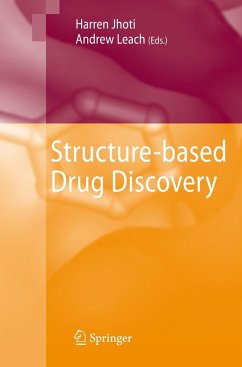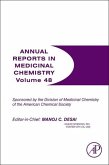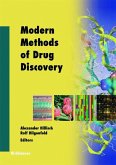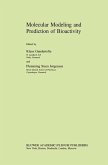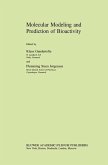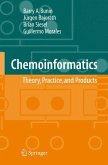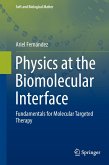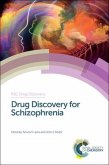Structure-based drug discovery methods have been transformed in the last 5-10 years and are now having a major impact on the discovery of new drugs. Some of the most exciting developments in the field, such as Fragment-based methods, are described in this book.
The book describes the latest developments in technologies that can be used to obtain the 3-D structures including the high profile structural genomics approaches being utilised worldwide. The use of 3-D protein structures in new, Fragment-based, approaches to drug discovery are described in some detail. This book includes experimental approaches using X-ray crystallography and NMR for Fragment-based screening as well as other biophysical methods for studying protein/ligand interactions. In addition, developments in computational chemistry methodology are covered together with an assessment of practical applications.
The book describes the latest developments in technologies that can be used to obtain the 3-D structures including the high profile structural genomics approaches being utilised worldwide. The use of 3-D protein structures in new, Fragment-based, approaches to drug discovery are described in some detail. This book includes experimental approaches using X-ray crystallography and NMR for Fragment-based screening as well as other biophysical methods for studying protein/ligand interactions. In addition, developments in computational chemistry methodology are covered together with an assessment of practical applications.
From the reviews:
"Structure-based drug design (SBDD) is now an integral component of the drug discovery process. ... The book's core subject matter of fragment-based screening is an exciting and important development in drug discovery. These chapters are generally the strongest in the book and make it a good reference volume ... ." (Robert Powers, Journal of the American Chemical Society, Vol. 129 (32), 2007)
"Structure-based drug design (SBDD) is now an integral component of the drug discovery process. ... The book's core subject matter of fragment-based screening is an exciting and important development in drug discovery. These chapters are generally the strongest in the book and make it a good reference volume ... ." (Robert Powers, Journal of the American Chemical Society, Vol. 129 (32), 2007)

